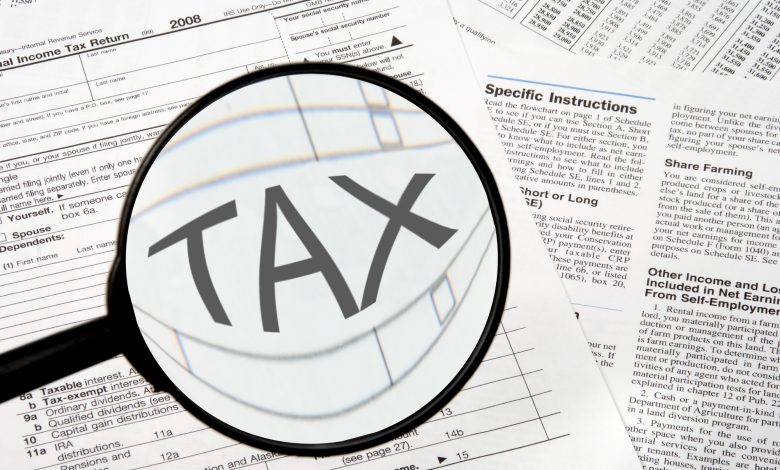Are There Taxes On Retirement Income? What You Need To Know

In 2020, more than 28 million Baby Boomers reported that they weren’t in the workforce because of retirement. If you’re planning on retiring soon, you need to make a financial plan.
You’ll have to make sure your retirement income keeps up with the cost of living increases. A part of that equation is understanding if your retirement income is taxed or not.
It’s not a simple answer. Do you want to know more about taxes on retirement income? Keep reading to learn if your retirement income gets taxed so you can adjust your retirement plan.
Social Security and Taxes
You paid into Social Security your entire career. You would think that you would reap the benefits as a retiree without having to pay income taxes.
Only a portion of Security income is taxable, depending on how much you earn from other retirement income sources. If you file as an individual and earn between $25,000 and $34,000, up to 50% of your Social Security is taxable.
If you earn more than $34,000, you could face taxes on 85% of your benefits.
You can elect to have taxes withheld from your benefits. If you don’t have taxes withheld, you can make estimated tax payments.
Tax-Deferred Retirement Income Sources
Retirement plans are attractive benefits offered by employers. When you signed up for an IRA, 401(k) or another retirement plan, you had the option to pay into retirement before taxes.
You’d save money on the amount of taxes owed at that time, but they’ll catch up with you eventually.
If you deferred taxes with before-tax contributions, you’ll pay them when you make the withdrawals. If you paid taxes on these contributions after taxes, then your distributions won’t get taxed.
Pensions and State Taxes
Pensions are usually taxed by the IRS. They’re taxed at the standard rate. Your employer withholds taxes for you, so you don’t have to be concerned with estimated tax payments or a large tax bill.
Pensions may get taxed at the state level as well. The laws vary from one state to the next, so check to see what the requirements are in your state.
Lump-Sum Withdrawals vs. Regular Withdrawals
When you retire, you have the option to take a lump-sum payment or make regular withdrawals of your retirement savings.
Keep in mind that if you take a lump-sum payment, you will have to pay taxes on the entire amount. That means you’ll be in for a huge tax bill.
The Importance of Retirement Income Planning
You probably didn’t know that your retirement income is still considered income by the IRS, even though it’s unearned income.
This underscores why retirement income planning is so important. You have to figure out how much you need, the income sources, and the taxable amounts of income.
A guide to income planning is the first step to learn about these issues so you can prepare for them now.
Understanding Taxes on Retirement Income
Do you have to pay taxes on retirement income? Most likely, yes. It’s a harsh reality for retirees, but with proper planning, you’ll be able to create retirement income strategies that take this into account.
Be sure to visit this site often for more financial advice.






